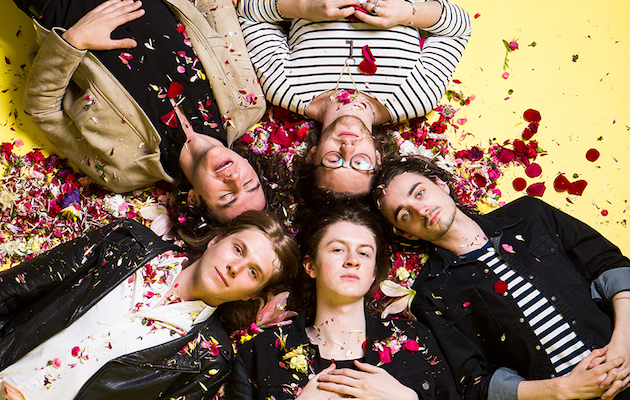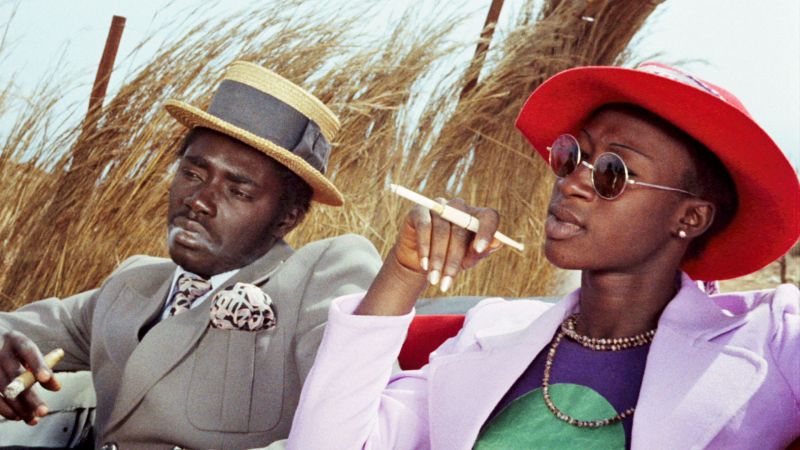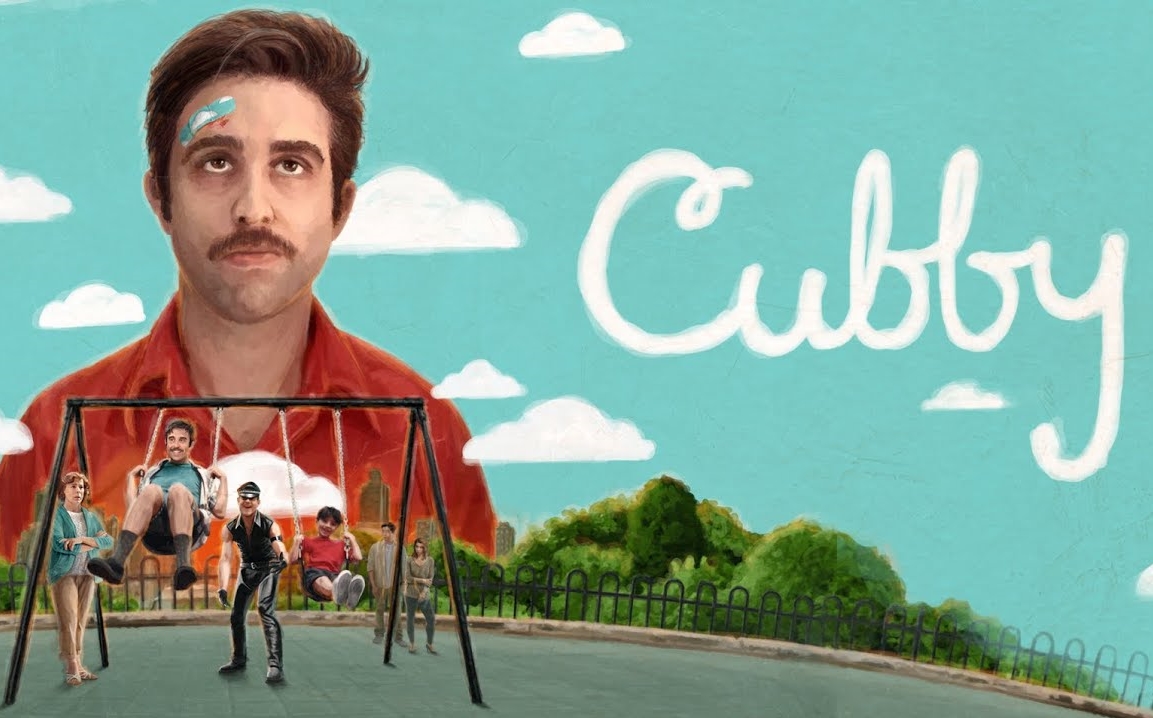Words by Ryan Bridgewater
From its opening helicopter shots of the Rocky Mountains scored by Wendy Carlos and Rachel Elkind, music is fundamental to Stanley Kubrick’s 1980 horror classic The Shining. Carlos and Elkind’s foreboding adaptation of the medieval chant Dies Irae (The Day of Wrath) for synthesizer sets the scene for the horror that is to follow. Dies Irae is an established trope of horror cinema, from 1958’s The Return of Dracula through to 1993’s The Nightmare Before Christmas.
However, Kubrick was to reject the rest of Carlos and Elkind’s score in favour of pre-existing works by the likes of Béla Bartók, György Ligeti, and Krzysztof Penderecki. These Modernist and avant-garde pieces conjure feelings of fear and unease. They are used to ‘embody the omnipresent but unseen malevolence’ of the Overlook Hotel, according to the scholar Jeremy Barham. Penderecki gained a larger audience for his music from The Exorcist than he did in the concert hall, as did Ligeti with the earlier Kubrick film 2001: A Space Odyssey. In contrast to these dissonant works are British ballroom pop songs from the interwar years, including Midnight, the Stars and You by Al Bowlly. As Kevin Donnelly writes in his book Spectre of Sound, these songs ‘appear as an embodiment of memory’ and, as such, are a ‘manifestation of the ghostly presences in the hotel’.
Not only was the music of The Shining remarkable but the film continues to have a rich musical afterlife. Wendy Carlos’s rejected original music was later released on the Rediscovering Lost Scores CDs in 2005. Indie rock band Deerhoof even released a covers EP in time for Halloween last year. Most significant, however, has been the music of James Leyland Kirby. His work under the pseudonym The Caretaker was originally inspired by the haunted ballroom scene in the film. His 1999 album Selected Memories From the Haunted Ballroom takes 1930s ballroom music recordings and manipulates them to evoke feelings of melancholic nostalgia. It is a key recording of the ‘hauntological’ music that cultural critic Mark Fisher analysed in his book Ghosts of My Life. Nearly four decades later, Kubrick’s The Shining and its music continue to scare and inspire.





